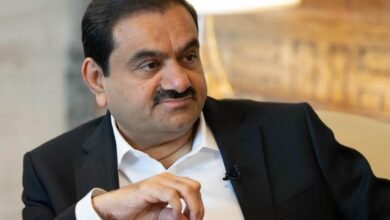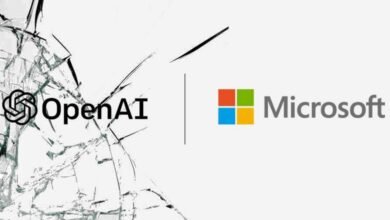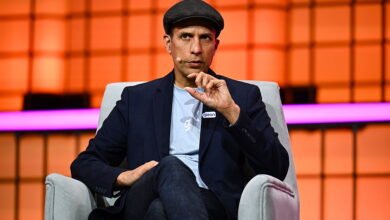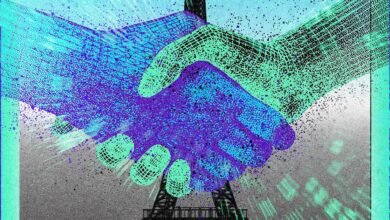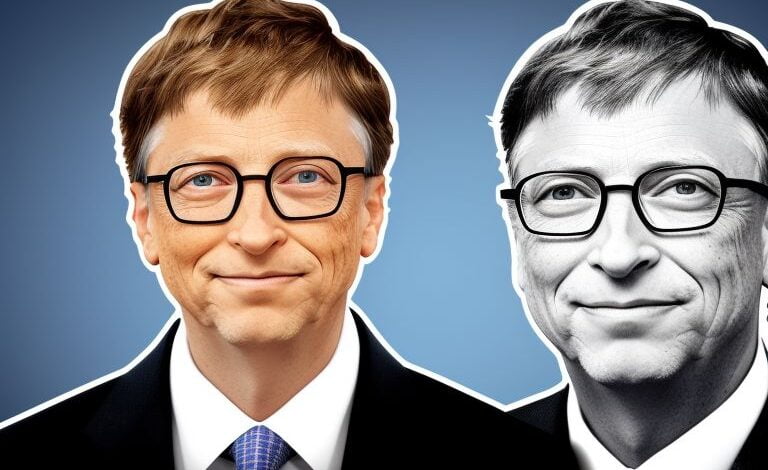
Artificial intelligence (AI) is one of the most important technological advances of our time. It has the potential to transform every aspect of human life, from health care to education, from agriculture to entertainment. But it also poses significant challenges and risks, such as ethical dilemmas, social impacts, and security threats.
Bill Gates, the co-founder of Microsoft and one of the most influential philanthropists in the world, has been following the development of AI closely and sharing his insights and opinions on various platforms. In this blog post, we will summarize some of the key points he made in his recent articles and interviews on the future of AI.
The Age of AI Has Begun
In March 2023, Gates published a blog post titled “The Age of AI Has Begun”, in which he declared that AI is as revolutionary as the microprocessor, the personal computer, the Internet, and the mobile phone. He based his claim on his experience with OpenAI, a research organization that aims to create and ensure the safe and beneficial use of artificial general intelligence (AGI), which is the ability of an AI system to perform any intellectual task that a human can.
In 2022, the OpenAI team was tasked by Gates with an ambitious challenge: to train an AI model that could pass an Advanced Placement (AP) Biology exam. This wasn’t just about rote learning; the exam demanded critical thinking and reasoning skills. Although expected to take a couple of years, the team astonishingly completed this in just a few months. Named GPT, the AI model scored an impressive 59 out of 60 on the multiple-choice portion and produced excellent answers for the open-ended questions. It even showed a remarkable ability to empathize and exhibit compassion, as seen when responding to a scenario involving a father with a sick child.
Gates said he was stunned by the performance of GPT and realized that he had witnessed the most important advance in technology since the graphical user interface (GUI), which enabled the widespread adoption of personal computers. He said he was inspired to think about all the things that AI can achieve in the next five to 10 years, such as improving health care, education, agriculture, and energy.
The Opportunities and Responsibilities of AI
In July 2023, Gates gave an interview to CNN, in which he discussed the opportunities and responsibilities of AI for society. He said he believes that AI can help solve some of the world’s biggest problems, such as reducing child mortality, eradicating diseases, enhancing crop yields, and fighting climate change. He said he is optimistic that AI can be used for good and that humans can control and guide its development.
However, he also acknowledged that AI poses real and serious risks, such as creating deepfakes and misinformation that can undermine democracy and trust, displacing workers and increasing inequality, and enabling malicious actors to launch cyberattacks and warfare. He said he is concerned that AI could be used for evil and that humans could lose control and oversight of its actions.
The concept of collaboration between governments, industry, and civil society is crucial in managing the risks and maximizing the benefits of AI. This view of Bill Gates advocates for the establishment of ethical principles and standards for AI, alongside the need for regulation and oversight of its applications. The hope is that AI will align with human values and goals, ensuring that humans retain control over its direction and impact.
The Future of AI is Now
In November 2023, Gates participated in a panel discussion at the Web Summit, a global technology conference, where he shared his vision and predictions for the future of AI. He said he believes that AI is already changing the world and that we are only at the beginning of its potential. He said he expects that AI will become more ubiquitous, powerful, and intelligent in the next decade, and that it will enable new innovations and discoveries that we cannot imagine today.
According to Bill Gates, AI is anticipated to enhance the quality and accessibility of vital sectors like health care, education, and entertainment. It’s also expected to boost the efficiency and sustainability of energy, transportation, and manufacturing. The role of AI in augmenting human capabilities and creativity is significant, as well as in improving communication and collaboration. It’s envisioned that AI will bring out both new opportunities and challenges for individuals, organizations, and societies. This evolution will require the development of new skills and competencies for the workforce and future citizens.
Gates emphasizes the importance of embracing and learning from AI, while also being conscious and prepared for its potential implications and consequences. He encourages everyone to actively participate and contribute to AI’s development and governance, advocating for its ethical and responsible use. He holds the belief that AI is both a tool and a partner for humanity, and it’s our responsibility to shape both its future and ours.
